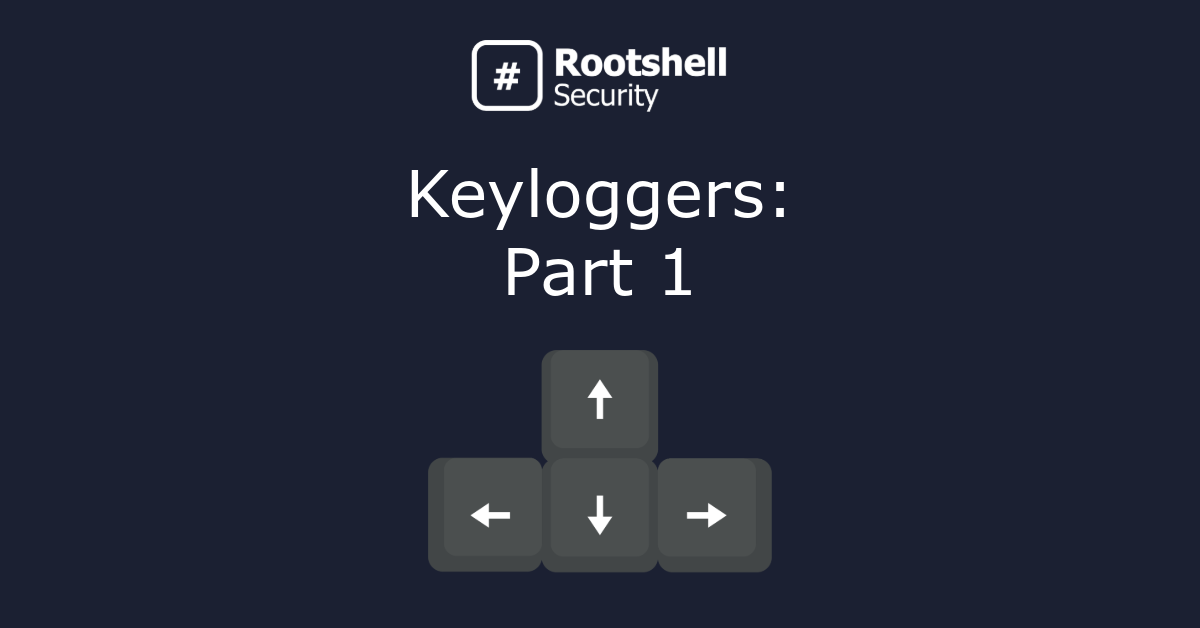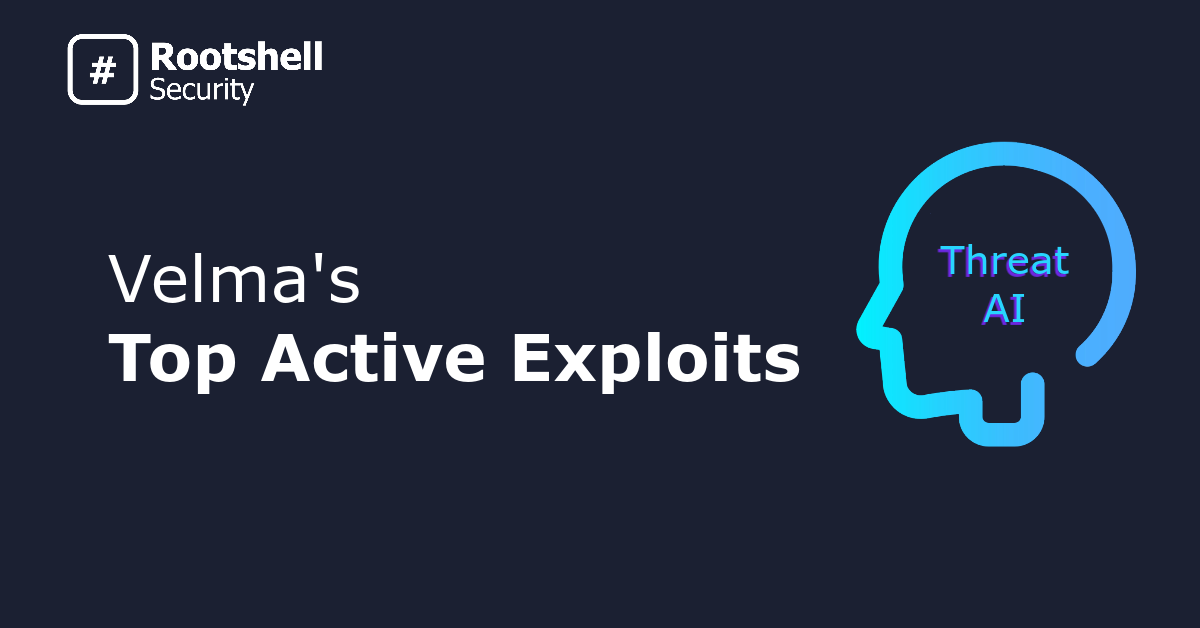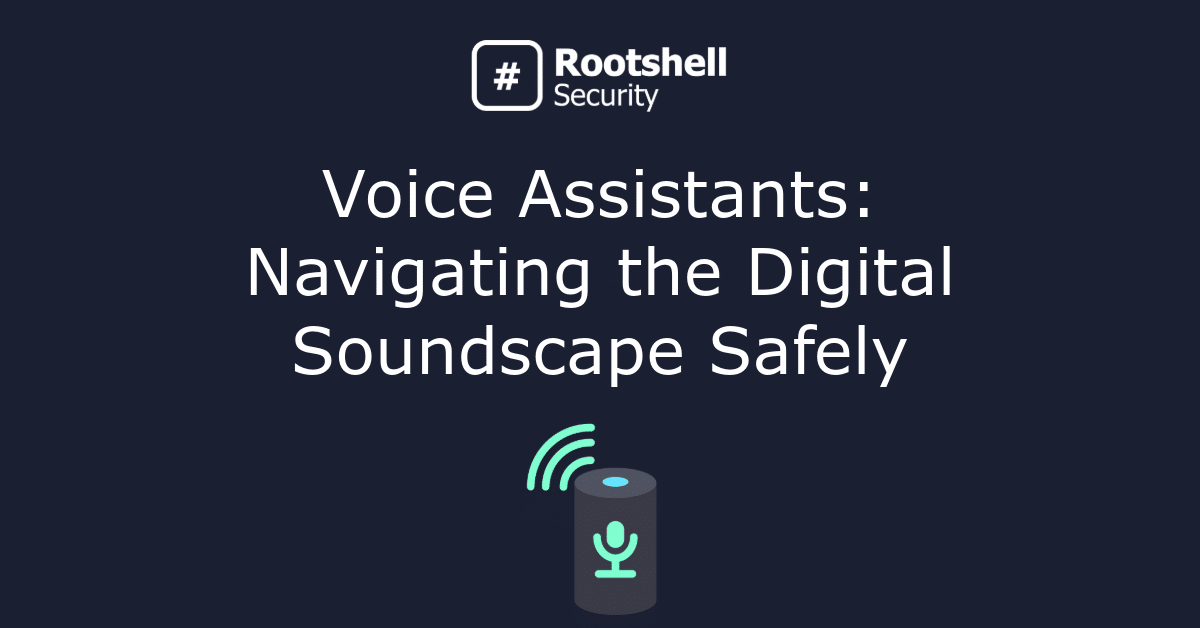Today marks the release of Rootshell Platform (version 2.6), one of our most feature-packed updates yet, including Global Search, Remediator Dashboard, Asset Grouping, Single Sign On (SSO), and more.
Global Search
Global Search makes it fast for users to locate specific issues within their estate.
The new functionality enables users to search for Projects, Phases, Scans, Assets, Issues, and Questionnaires from one search bar, as well as by an issue’s unique number.
Global Search will be especially powerful in instances where teams need to quickly evaluate the potential impact of a new critical vulnerability, and is yet another way Rootshell accelerates remediation.
Remediator Dashboard
Rootshell’s new Remediator Dashboard completely transforms remediation tracking by making the process dynamic, insightful, and continuous.
Users are served key insights into their remediation activity, which are automatically generated by the dashboard.
At a glance, users can see summaries of their team’s progress for given periods of time, ranging from the past 7 days to 12 months, making it effortless to continuously track remediation.
The following metrics can be tracked:
- Open Issues: How many open issues are detected and found
- Closed Exploitable Issues: How many exploitable issues have been closed
- Remediated Issues: How many issues have been remediated
- Dynamically Remediated: How many issues have been closed on a user’s behalf by Rootshell’s Dynamic Remediation
- Accept Risk: How many issues have been set to ‘accepted risk’
- False Positives: How many issues have been marked as ‘false positive’
- Issue Comments: How many comments have been made in the system
- Closed Vulnerability Age: How old were the issues that have been remediated
- Closed Jira Issues: How many issues have been closed via Jira
- Closed ServiceNow Issues: How many issues have been closed via ServiceNow
- Personnel Performance: Displays the productivity of teams and individuals
Asset Grouping
Rootshell’s new Asset Grouping feature gives teams more control of how they divide up and report on their estates within the platform.
Users can select any number of assets to create new groups.
Once a group is created, users can define how assets should be assigned to it, such as by hostname or IP address.
Based on these settings, Rootshell automatically sorts assets when new results are imported into the platform. Each group can carry its own settings, giving users greater flexibility of how their inventories are organized.
Rootshell generates useful insights about asset groups, including whether a group is compliant with SLAs and what the overall severity score is.
Single Sign On
Rootshell now integrates with single sign-on solutions Okta and Azure AD to make access management seamless.
Once the integration is set up, teams can make changes to their users’ settings, such as granting or revoking access to Rootshell, within their own infrastructures.
The platform will then reflect those changes without requiring a user to update any settings within the platform itself.
By enabling teams to manage their users centrally, Rootshell integrates with an organization’s pre-existing processes and makes it easy to ensure the platform is secured at all times.
Rootshell’s Product Manager, Jon Bellard, will be giving a tour of Rootshell (version 2.6), at 15:00 (BST) on Thursday, 20th October. Click here to sign up to the webinar or to receive the recording post-event.
Subscribe So You Never Miss an Update




